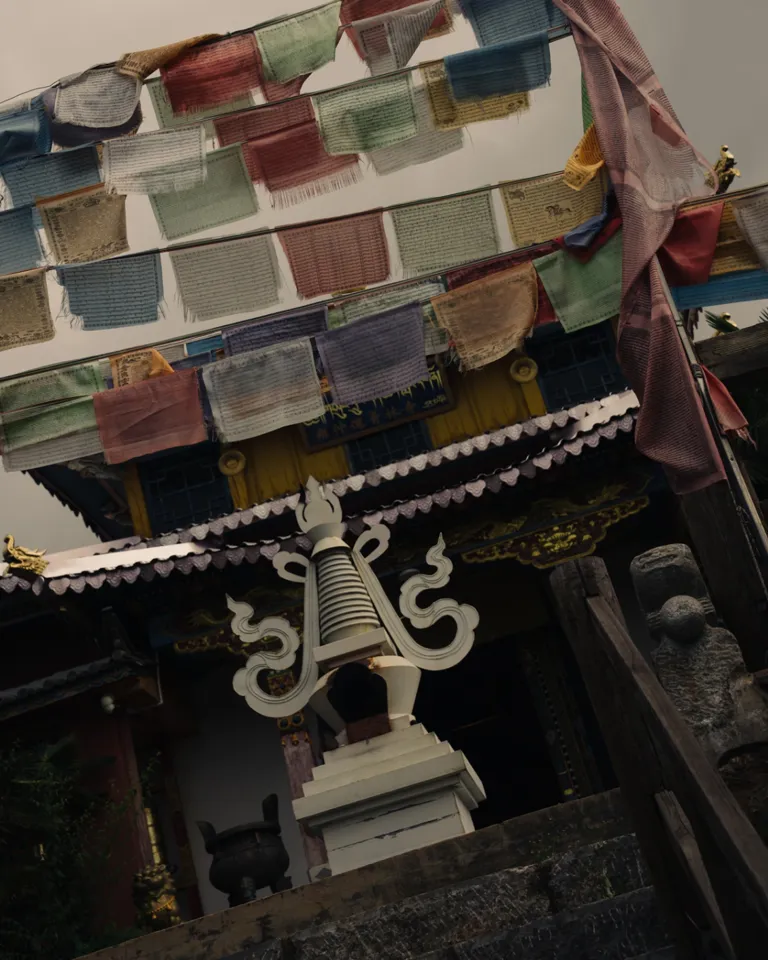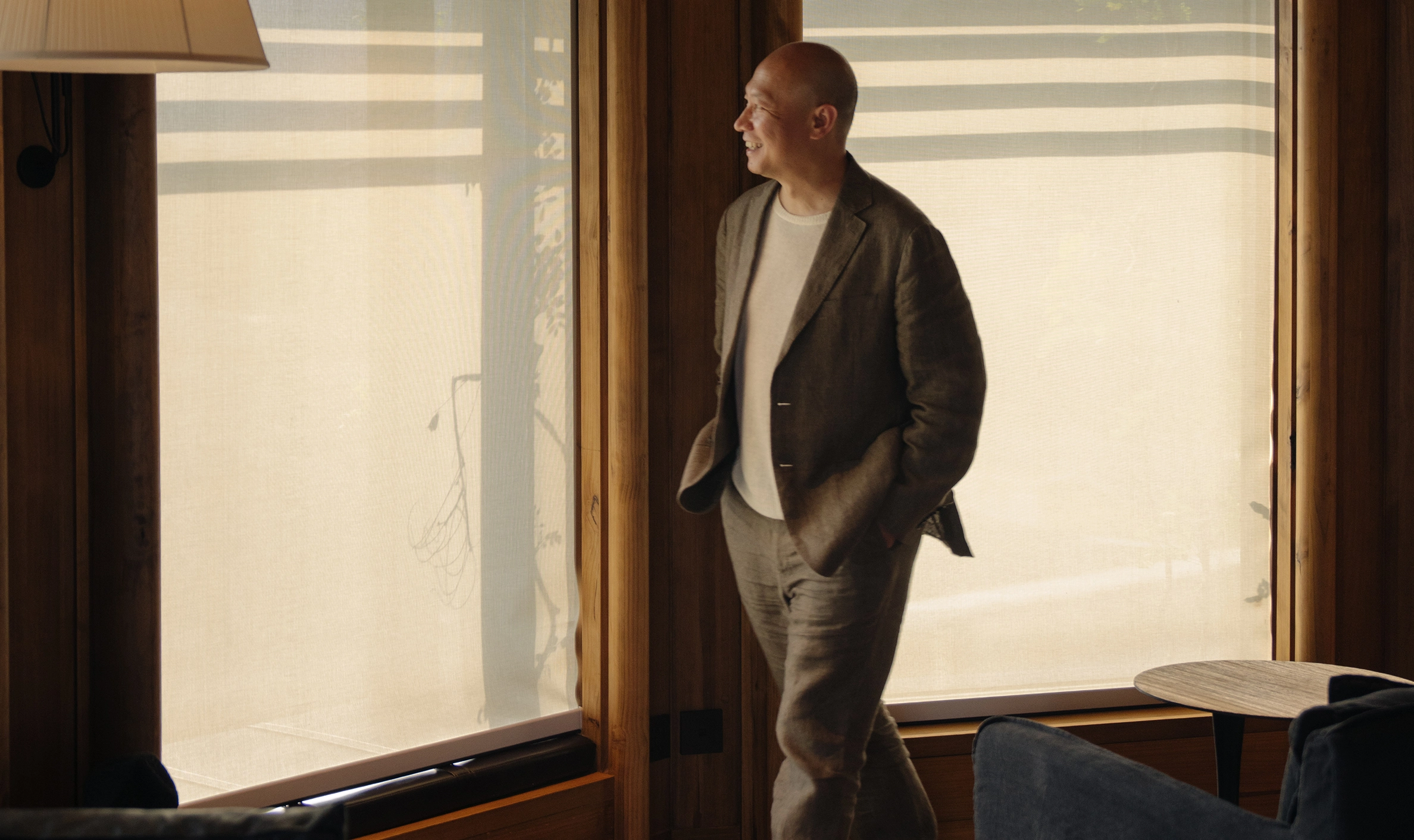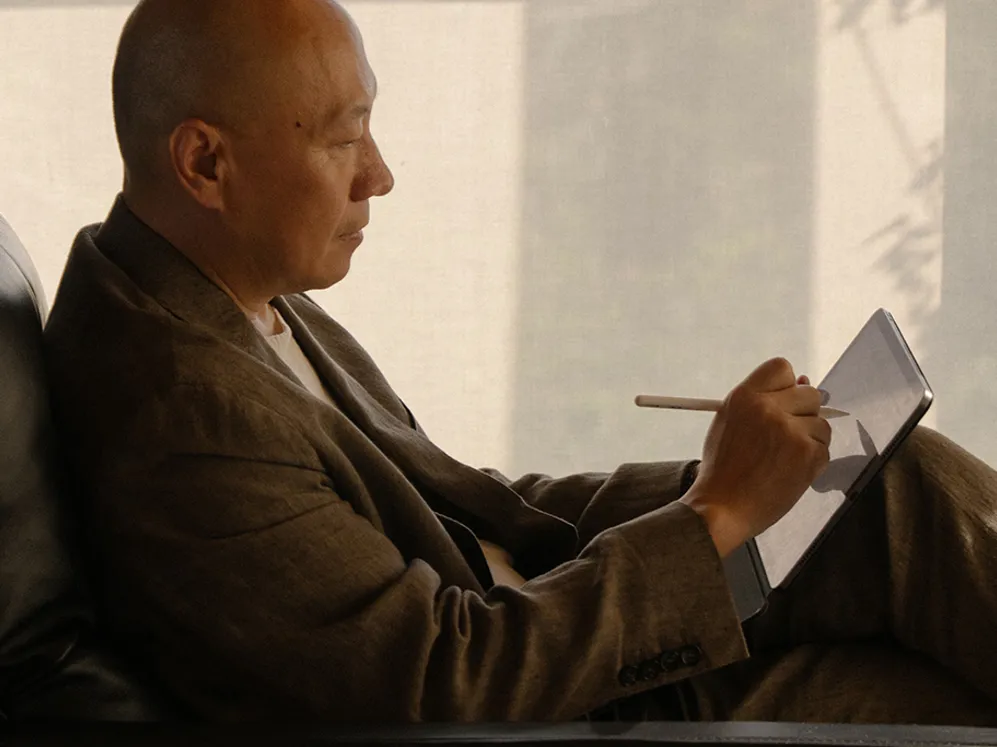
Words Allison Reiber DiLiegro Images Khoo Guo Jie
After a career built at some of hospitality’s top brands, Luke Pan launched The ArcadiaPlace in 2018 to create hotels that act as platforms for meaningful exchange with the place, its people, and its nature. In doing so, he hopes to guide destinations towards modernization that is respectful and preserves the soul of each location.
“People are craving meaning and reconnection,” Luke tells us, “with nature, culture, and history. Our role is to allow guests to experience that balance and carry it home with them.”
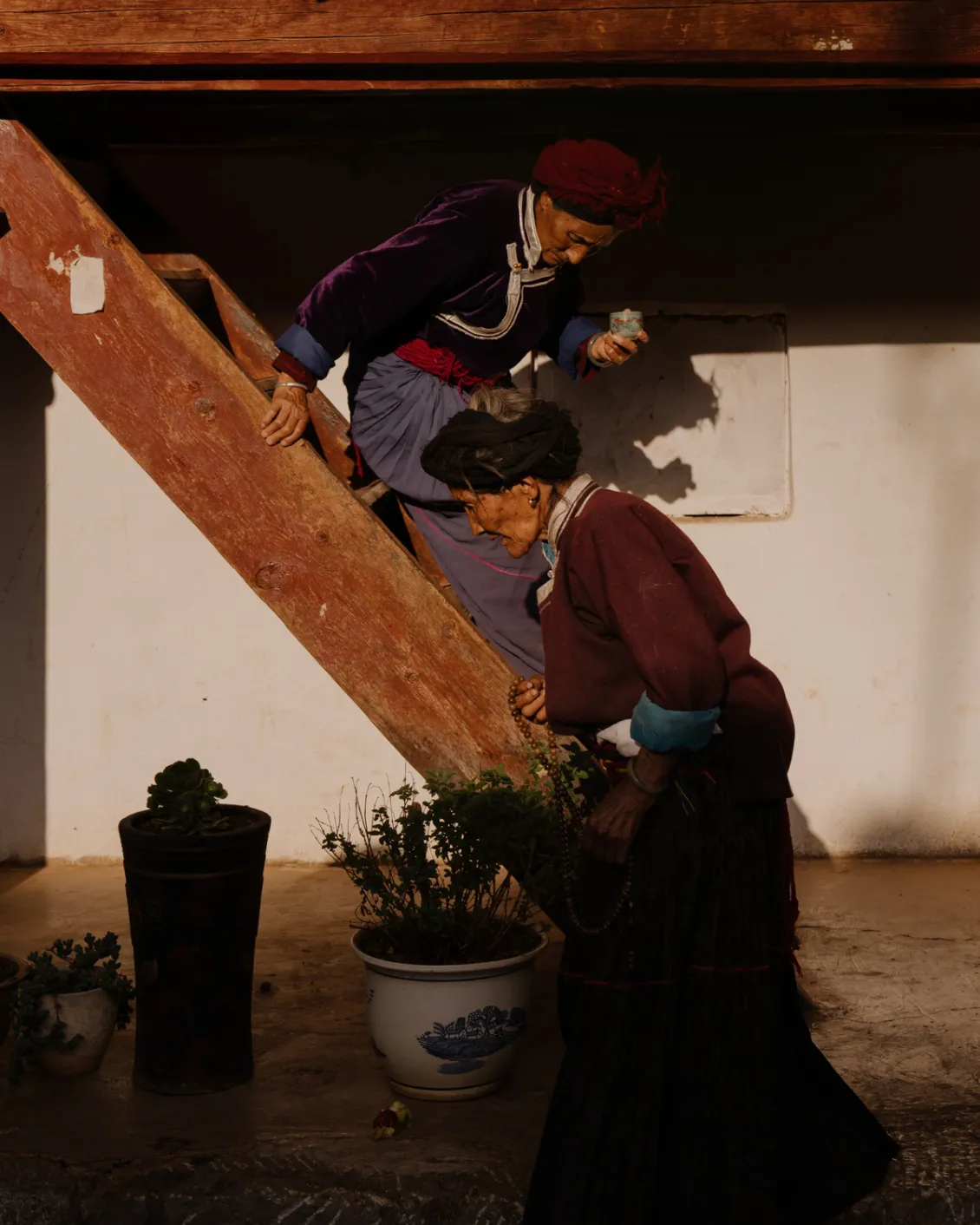
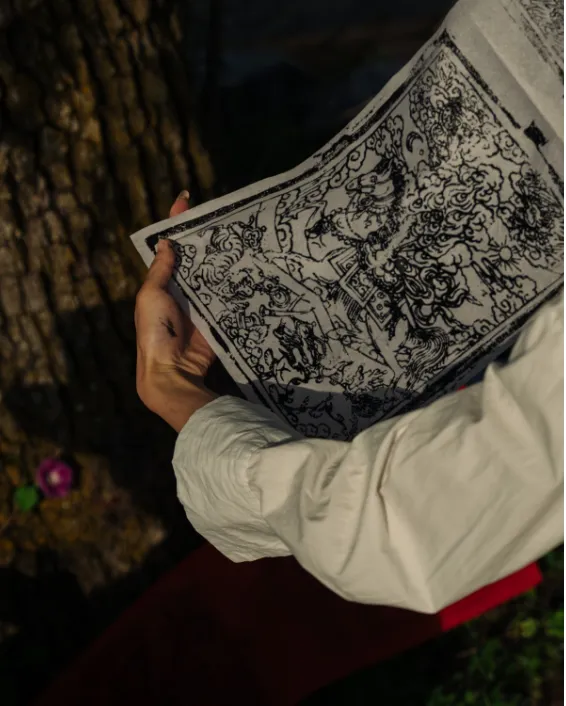
Lugu Lake, near the border between Yunnan and Sichuan, is known for its natural beauty and the longstanding matriarchal Mosuo culture
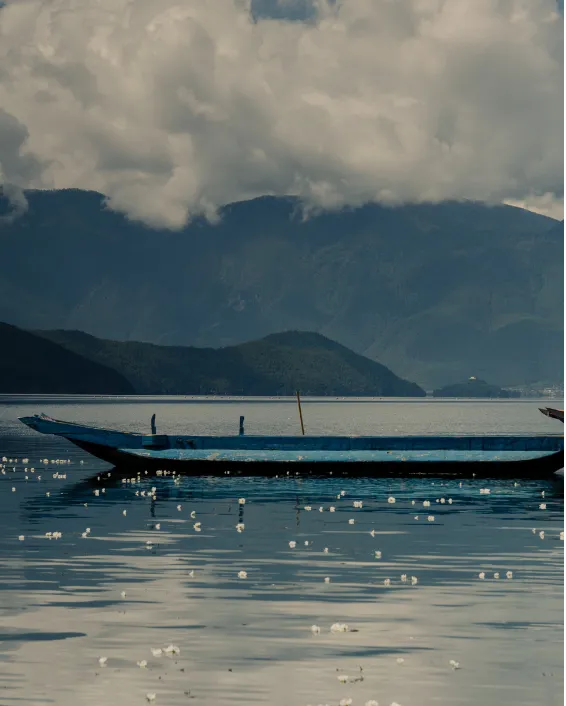
His latest opening, The ArcadiaPlace, Lugu Lake, shows how to put this philosophy into practice. Set on the shores of Lugu Lake, China, surrounded by Sichuan’s green highlands, the hotel is in the presence of a rare cultural treasure—the matrilineal Mosuo society, often called the “Kingdom of Women.” Here, The ArcadiaPlace aims to be a cultural bridge that invites guests to learn, connect, and really understand the destination.
We sat down with Luke Pan to talk about the philosophy behind The ArcadiaPlace, how it comes to life at Lugu Lake, and what’s next for the brand.
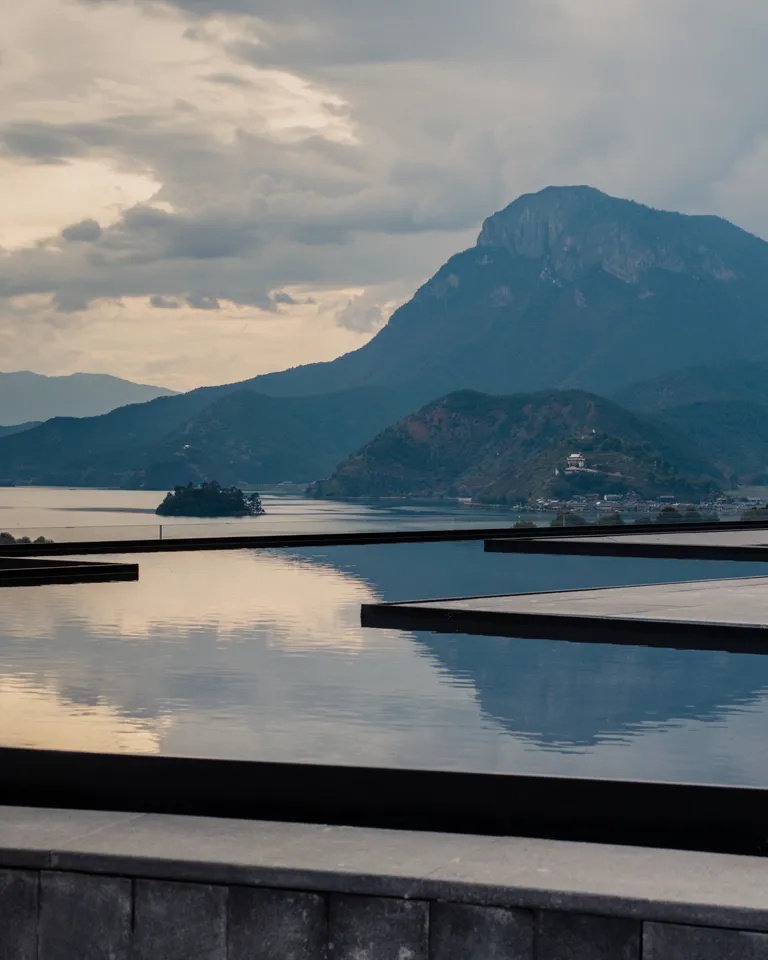
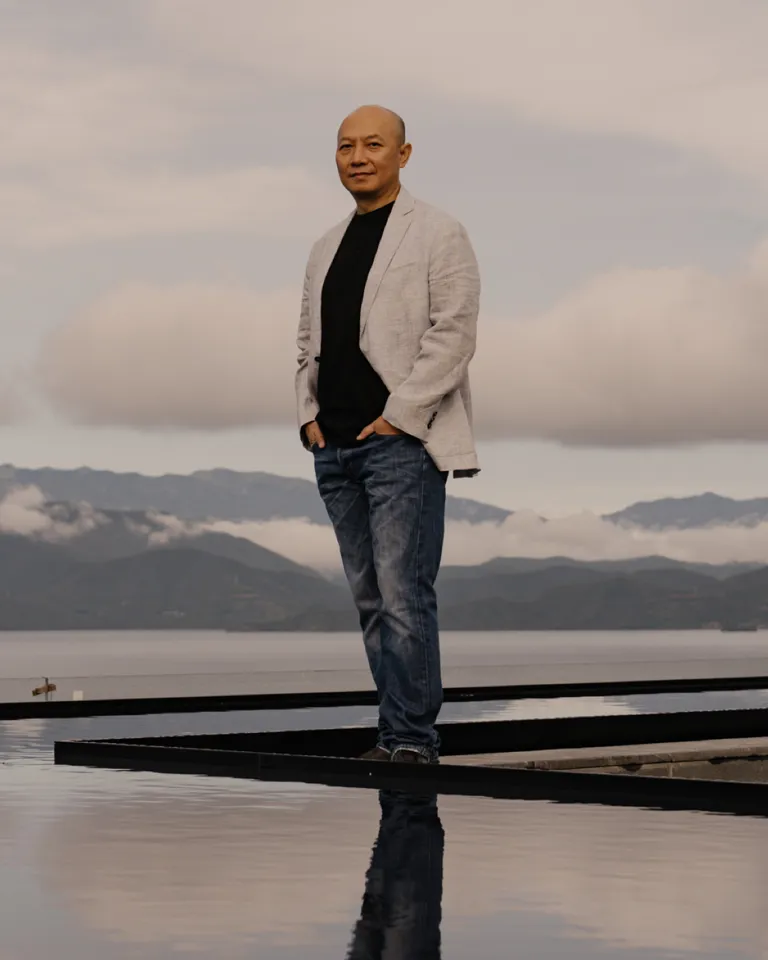
I believe hotels should be more than places that provide lodging or food—they should be platforms where people explore, experience, and open their minds to different ideas, beyond what they’re used to in urban life. When they see that there’s another way of living in the world, that might change their own mindset and behavior—maybe even become happier.
In China, we have over 4,000 years of history, with many ethnic groups, languages, foods, and cultures. So, if you only focus on one dynasty or cultural aspect, you cannot capture the full attention of the whole country.
Every location has its own energy, shaped by history and environment. At The ArcadiaPlace, we aim to immerse guests in living traditions.
We research culture in depth: visiting museums, speaking with locals, studying archives, and consulting cultural experts. Then we integrate it into daily experiences, and encourage exploration beyond the hotel walls.
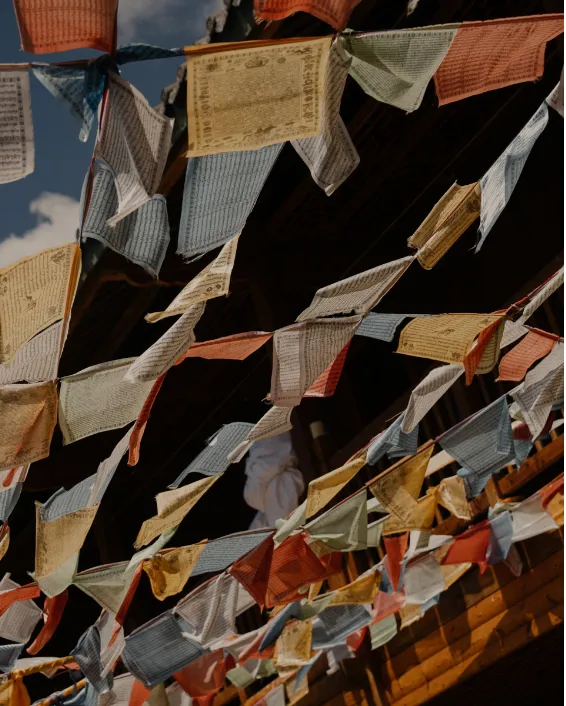
Luke Pan and the team at The ArcadiaPlace research local cultures in depth: learning from residents, museums, archives, and cultural experts
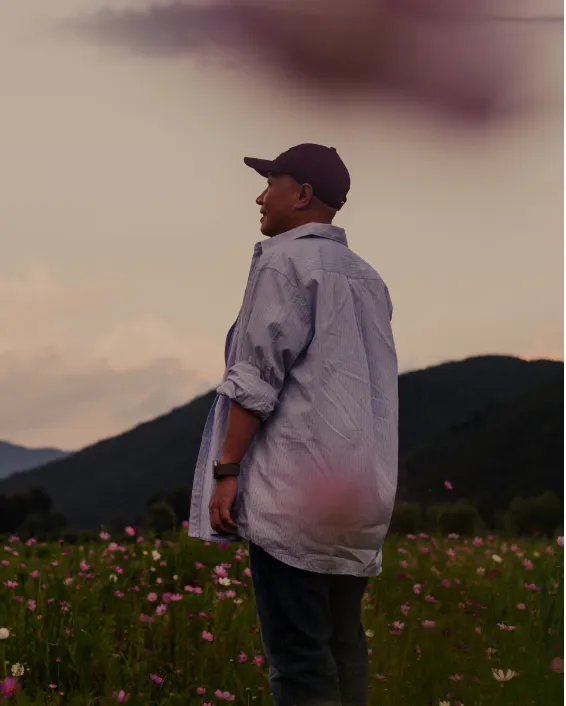
Its beauty changes with the seasons, but its cultural depth is what makes it extraordinary—especially the Mosuo’s matrilineal society, which has endured for centuries, perhaps thousands of years.
When I first visited in 2021, we committed to telling the real story. In the past, staged “cultural” performances had damaged the lake’s image. We took the opposite route—listening, learning, and understanding how the Mosuo live and relate to nature. As outsiders, we can see differently from locals, yet connect urban travelers to the place in an authentic way.
We source handwoven textiles and traditional sashes directly from artisans, serve local Sulima wine brewed in village homes, and invite matriarchs and Daba priests to lead ceremonies. Guests also join community celebrations.
In design, we blend old and new—keeping Mosuo colors, fireplaces, symbolic pillars, and Mu Luo Zi wooden façades while adding modern comforts. It’s our vision of modern living with tradition intact. We also joined Liangshan Cultural and Tourist Investment Group to launch China’s first Museum of Women’s Art next to the property.
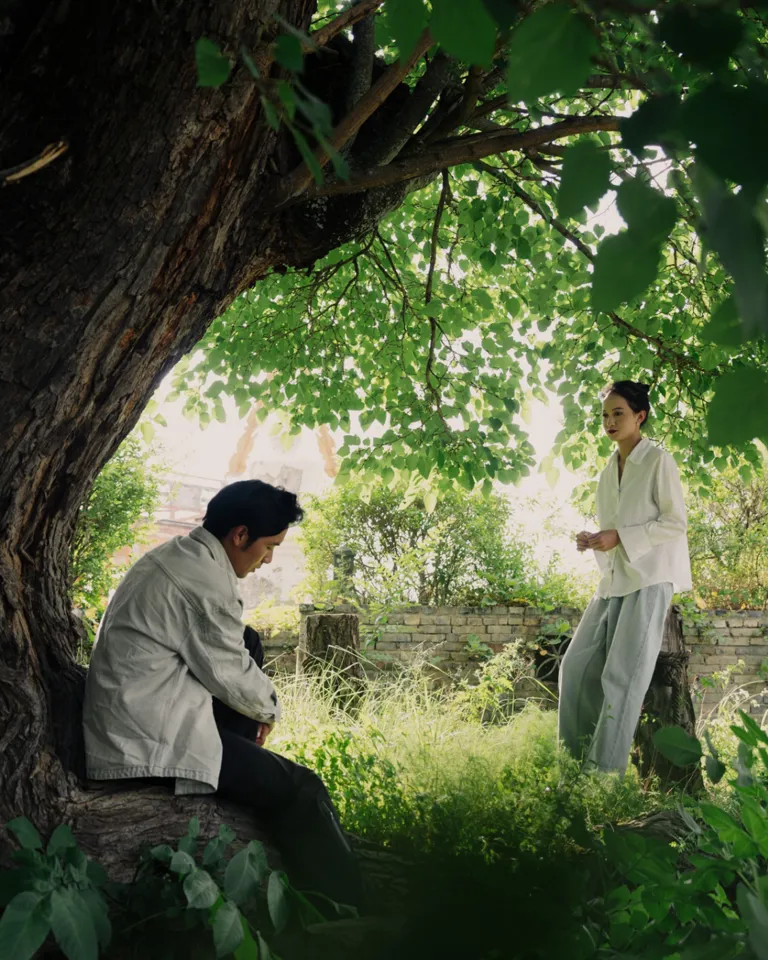
The ArcadiaPlace works with a network of curators in disciplines like flag-making, stargazing, tea, coffee, art, and more, who bring depth to guest experiences
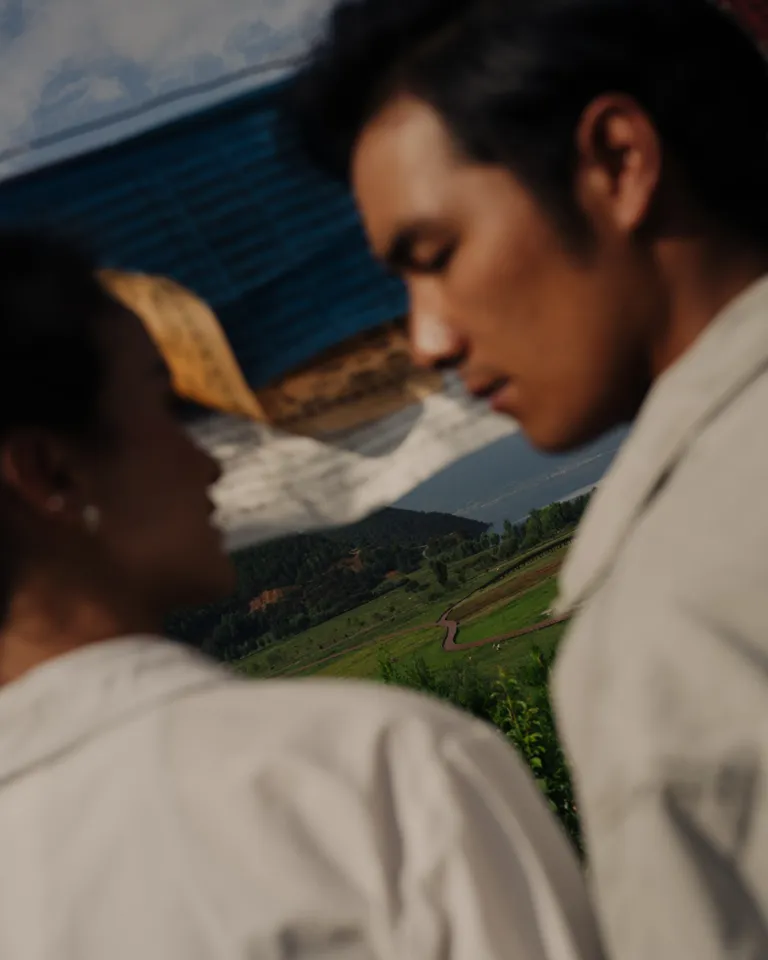
Just a few months ago, the current site of “MoWA” was nothing more than a slope beside the hotel. I first proposed the idea of creating a dedicated “her space” dedicated to art by women—an idea that resonated with Liangshan Culture and Tourism’s broader vision.
Following consultations with Dr. Luo Yi, a distinguished scholar in museum studies and an independent curator, we decided to invest in transforming the site into a women’s art museum designed to foster accessibility, openness, and academic value. The museum aims to operate independently as a non-profit in the future, and is currently undergoing the registration process, which is why its launch is described as a “preview opening.”
Dr. Luo Yi has been invited to serve as the museum’s founding director. The venue was designed by renowned architect Lu Yang, drawing inspiration from the local ecology of Lugu Lake.
Modernization should never erase cultural DNA. We’ve seen too many places lose their spirit when traditional architecture is replaced with uniform developments. Every location has its own identity worth protecting.
When people discover the value of a different culture, they learn to appreciate it. That appreciation helps the local destination grow responsibly—modernizing while preserving its traditions. It becomes a harmonious state for both the traveler and the local community.
We’re exploring new destinations and are in the early stages of a project in a very interesting, culturally rich location.
We’re also continuing to build our network of collaborators—curators in stargazing, tea, coffee, art, and more—who bring depth to guest experiences. We support them with hospitality training and marketing, and they help bring each destination to life. The result is an ecosystem where the hotel is not just accommodation, but the center of a living dialogue.
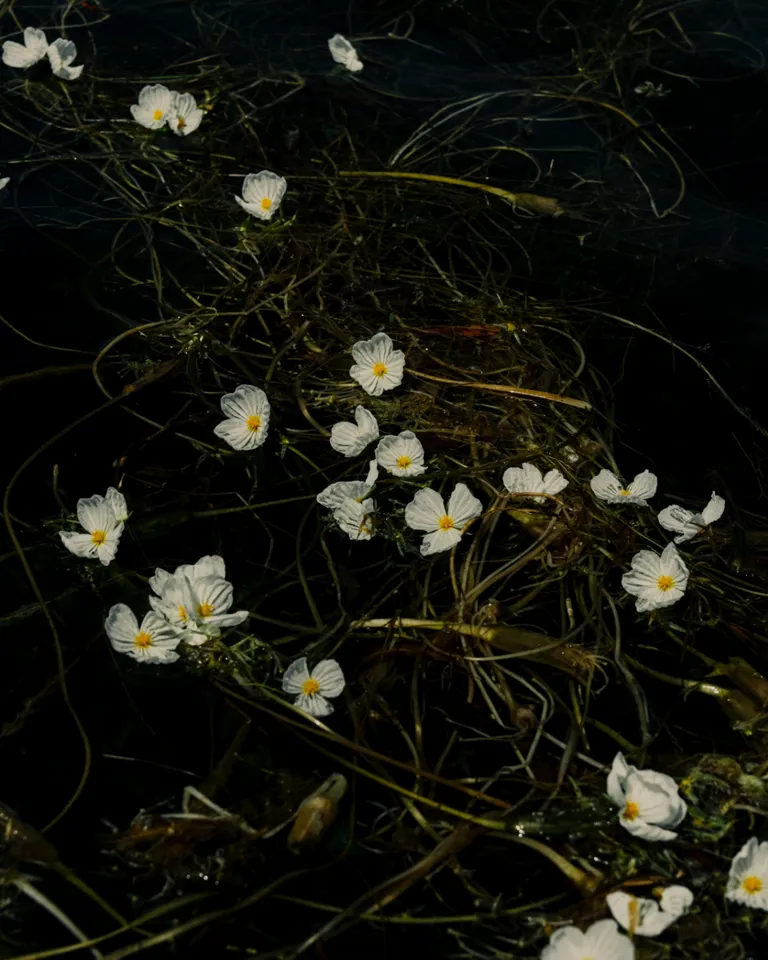
Luke believes in developing destinations thoughtfully, modernizing while preserving traditions and spirit
